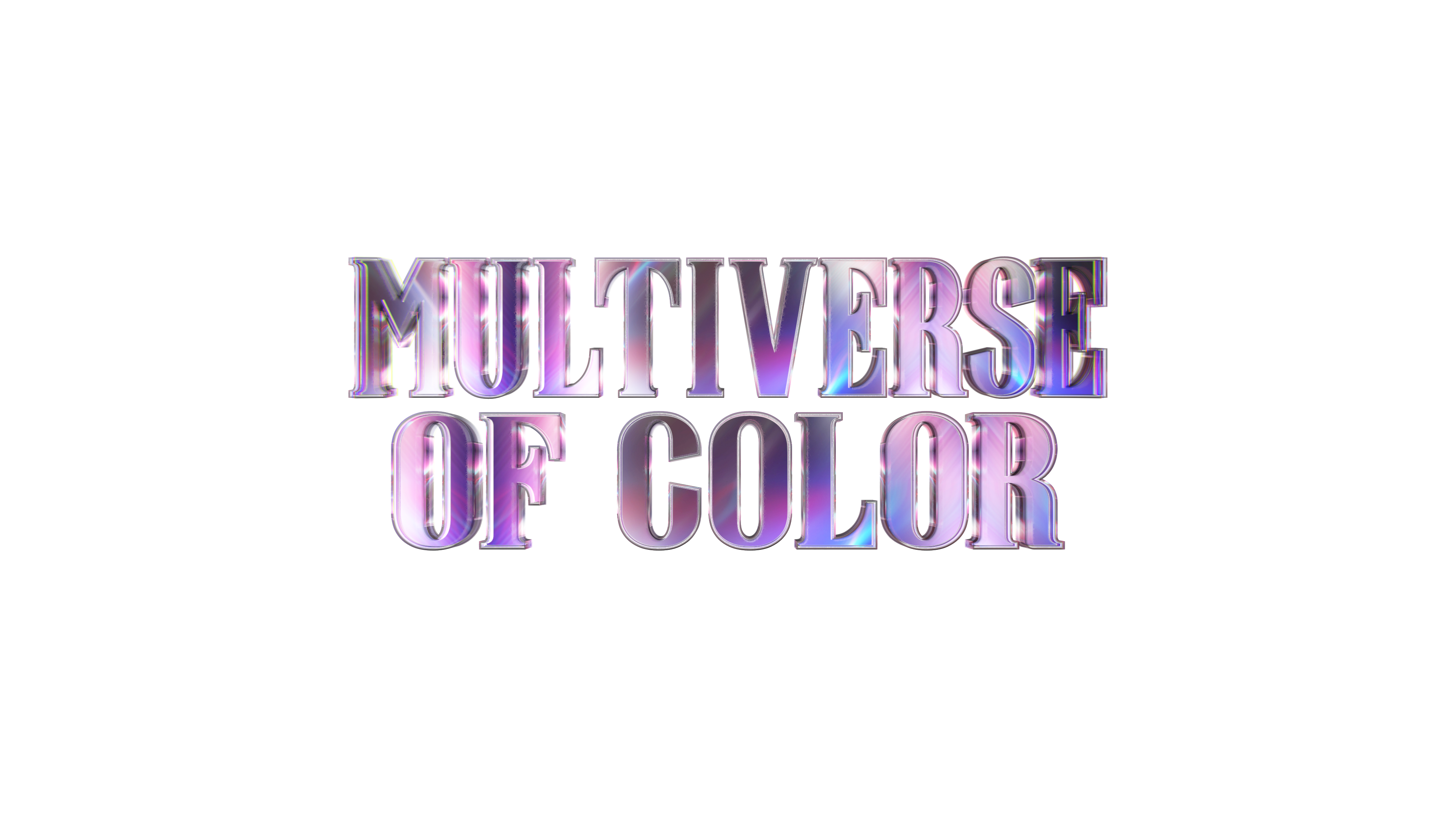It’s an interesting time over at Marvel.
On the one hand, October’s upcoming launch of the “All New, All Different” Marvel looks terrific, with some of the industry’s brightest talent offering innovative, interesting takes on iconic (and not-so-iconic) characters.
On the other hand, the company has stumbled in recent attempts to introduce more diversity. Sure, the characters themselves are more diverse than they used to be (come October, Captain America will still be a black man, Thor will still be a woman, Ms. Marvel will still be Pakistani-American and it looks like Miles Morales will figure in prominently to Earth-616) and that’s very cool.

Fans were nevertheless upset that the creative teams behind these characters are largely white, largely male and largely, well, not diverse.
Marvel’s made a few, commendable attempts to shake things up, but all of those were dwarfed by the New York Times bombshell that, starting next Spring, Ta-Nehisi Coates will be writing Black Panther.
If you’re unfamiliar with Coates, first of all, where have you been? The Atlantic contributor and National Book Award finalist is probably America’s most vital and eloquent contemporary voice on race relations. His much-lauded Atlantic article “The Case for Reparations” is a clear-eyed, ferociously researched, eminently readable cry for racial justice. This year’s Between the World and Me, written as a letter to his son, is an engrossing, occasionally overwhelming dive into the deep end of the black experience in America.
Marvel’s always been interested in recruiting high profile writers to their cause but normally, they aim for talent already fiercely in the grip of geek culture (Kevin Smith and Orson Scott Card, for example). Coates’ work has been intellectual, persuasive, and justice-oriented, but let’s be clear: He’s got Marvel bonafides. His Twitter feed and this Vulture article make plain. As he tells Vulture’s Abraham Reisman:
“In the 1980s, Marvel had a black woman — not just a black woman, a woman who was born in Harlem, a woman who was African-American and whose mother was Kenyan — leading their most popular title. And then when she lost her powers, she was still kicking ass. Like she still had enough to whip Cyclops’s ass. That was something they were doing. I can’t really think of anywhere else I would’ve went at that time to see something like that.”
Sure, Coates gives a pretty good defense of Marvel’s historically high value on diversity, but he also demonstrates an encyclopedic knowledge of X-Men lore. How many other National Book Prize finalists do you think could summarize the events of Uncanny X-Men #201?
So now we come to Black Panther, whose profile Marvel is clearly looking to raise. He was Marvel’s first black superhero, introduced in a 1966 issue of Fantastic Four, predating (and outlasting) the black power party of the same name. In a nice bit of symmetry, he’ll be the first black hero with his own Marvel Cinematic Universe film in 2018.

It’s a smart move. T’Challa, the Black Panther, is one of Marvel’s absolute coolest heroes. As a scientific genius, he’s on par with Reed Richards and Tony Stark. As a hand-to-hand combatant, he rivals Captain America and Iron Fist. The Wakandan Panther God has given him mystic powers. Oh, and he’s a king. Not just the king of any old country, but a deliriously wealthy, technologically advanced African nation. The kind of nation that can tell greedy warmongers and power mad Western empires exactly where to stick their delusions of invasion.
Alas, T’Challa has spent the past few years in a considerable amount of flux, facing no small amount of personal trauma. Left comatose after a catastrophic battle with Doctor Doom, the mantle of “black panther” fell to T’Challa’s sister, Shuri while he himself recovered in New York City while masquerading as Daredevil for reasons too bonkers to get into here (it involves demon-possession.)
T’Challa has since reclaimed the title of Black Panther and annulled his marriage to the X-Men’s Storm, but his dealings with the Illuminati have led to the whole, cosmic event resulting in the current “Battleword” that’s wreaking havoc on reality.
What all this means for Coates’ run remains to be seen, and he’s being coy with details, although a certain Latverian king may be getting his just desserts. Coates is an excellent writer, but Marvel’s history is littered with talent who had a difficult time applying their gifts to comic books. Kevin Smith’s run on Daredevil is remembered pretty fondly and Joss Whedon’s Astonishing X-Men is wonderful, but the less said about Orson Scott Card’s handling of Ultimate Iron Man the better.
Regardless of how good the actual story is—and there’s plenty of reason to be optimistic—it’s a great move for Marvel. At a time when the House of Ideas is in desperate need of a shake up, they brought in someone who’s made a career out of doing just that.


